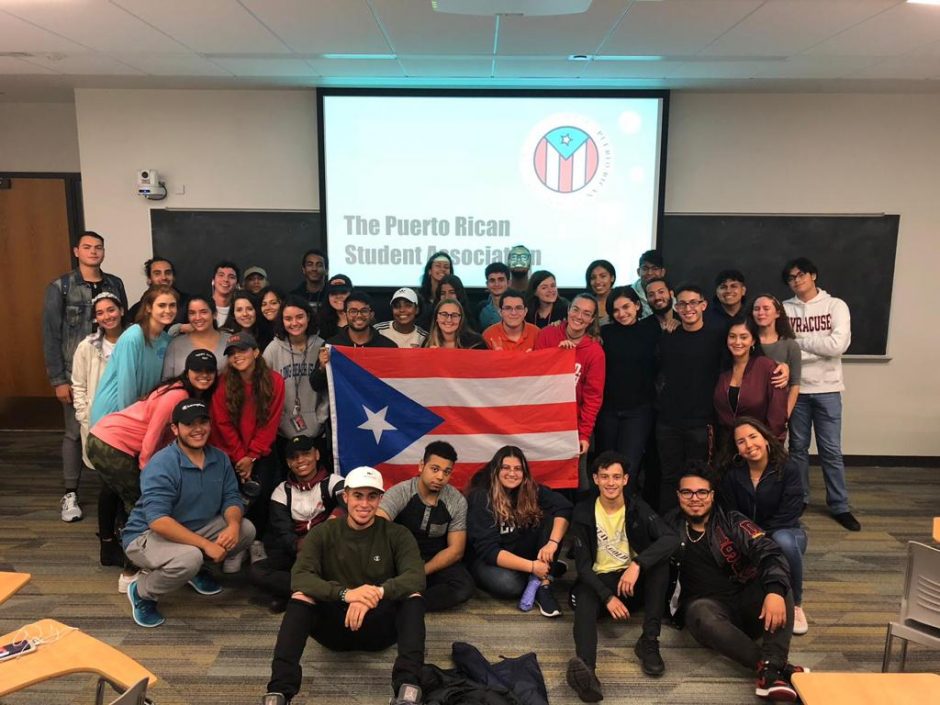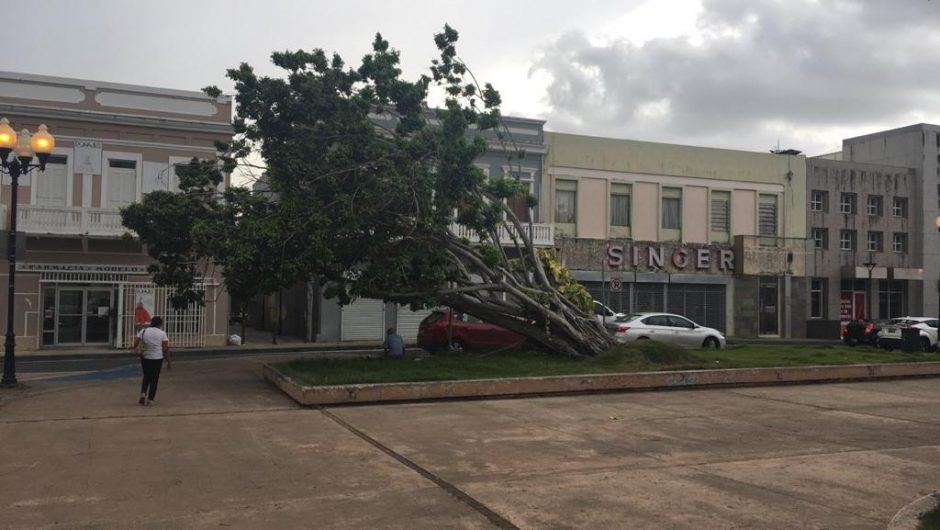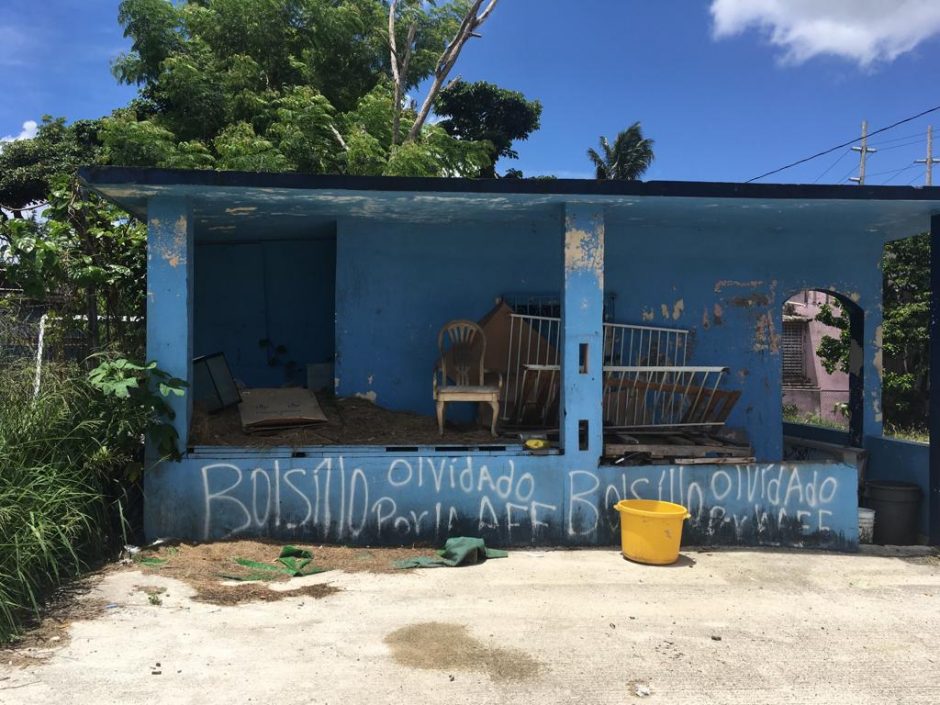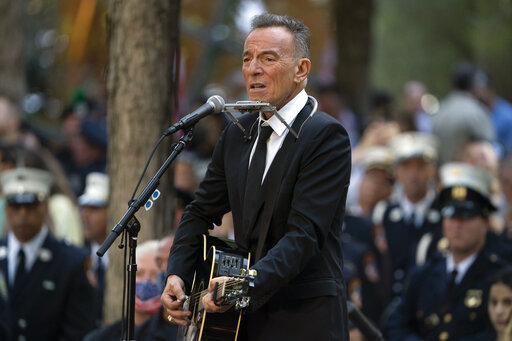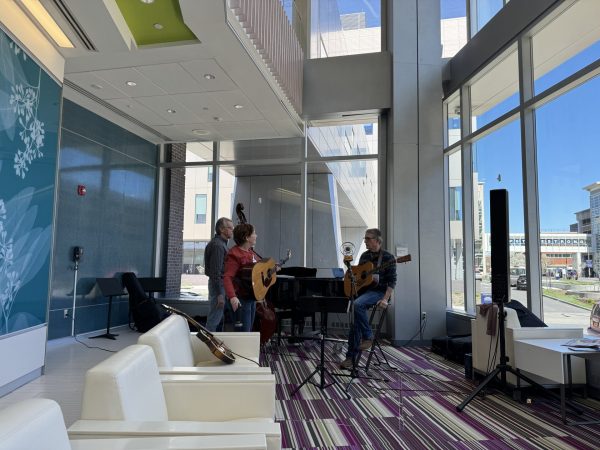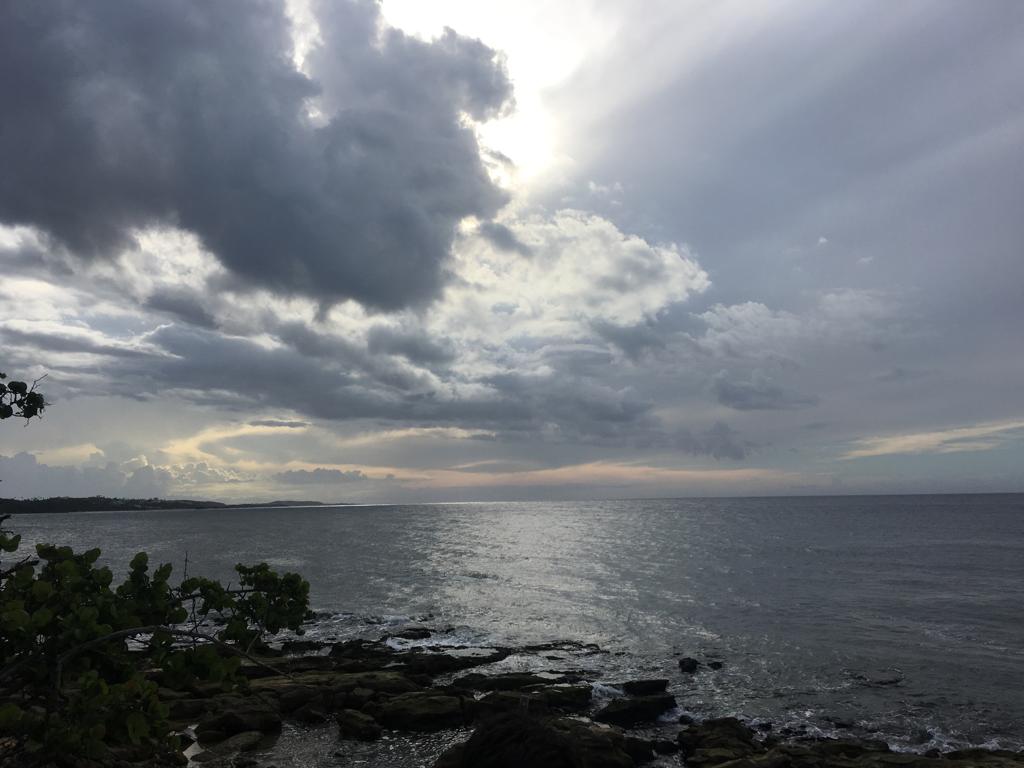
By Camila Grigera Naon Syracuse, N.Y. (NCC News) — One year ago today, Hurricane Maria left Puerto Rico in pieces. As the island still struggles with electricity problems, damaged infrastructure, and scarce running water, SU students reflect on how their lives have changed over the past year.
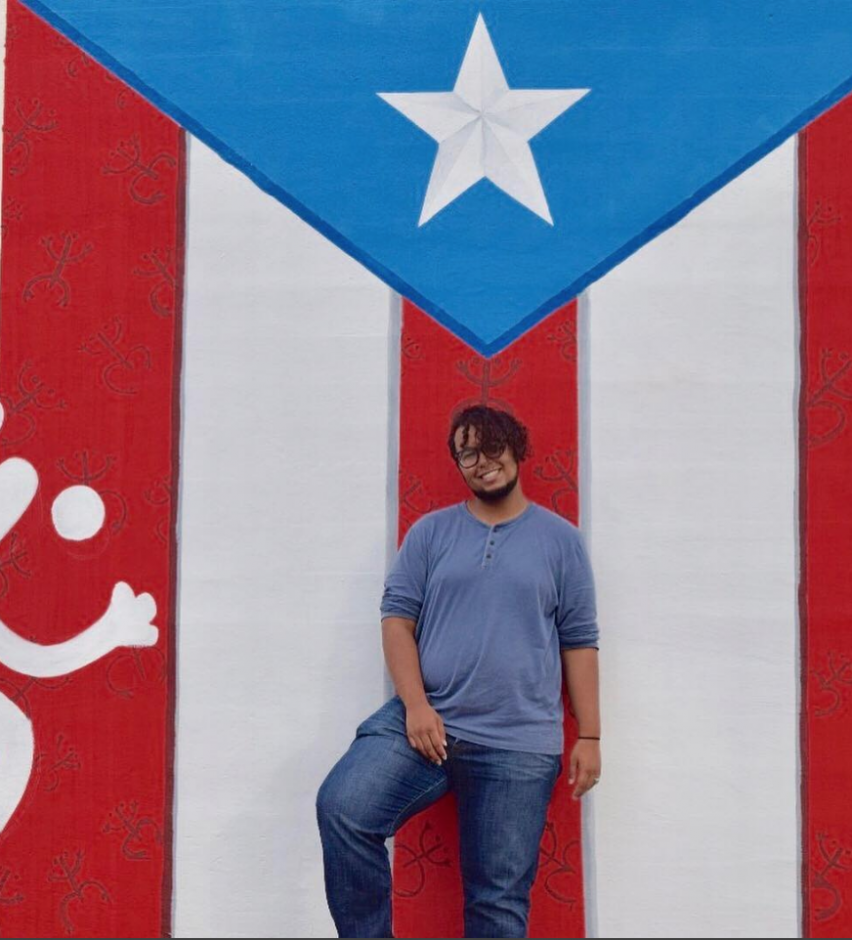
When the hurricane hit, SU sophomores Christian Andino and Nicole Pacateque were away at college and weren’t able to see the damage the storm had caused. When they returned for the first time after the catastrophe, conditions were worse than expected—and many of those issues still linger today.
Andino wasn’t able to go back to his home in Carolina, Puerto Rico until May 2018. But when he did, he was shocked by the destruction.
“My house was entirely obliterated,” said Andino. “It was completely flooded, we lost a lot of material things when it comes to laptops, computers, and TVs.”
However, one year later, Andino still hasn’t been able to move back into his house.
“We did lose the house because we couldn’t pay for it anymore,” he said. “Right now, we are living at my grandmother’s house.”
Although Pacateque’s house in San Juan, Puerto Rico didn’t face the same amount of damage, she and her family still struggled economically.
“At least a month after the hurricane I just didn’t do anything,” she said. “I didn’t go to class and I started missing work, even though my family depended on my paychecks.”
However, Pacateque’s university schedule is still packed with work shifts. In May 2018, her mother lost her job as a waitress because people would no longer eat out due to the economic restrictions the hurricane had caused.
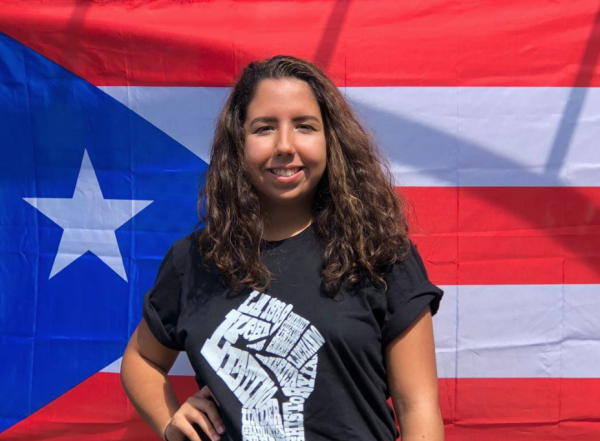
“Money got more tight than it already was,” said Pacateque.
This year, Pacateque began working 13 hours a week as a general supervisor at Sadler Dining hall. If she has the time, she picks up extra shifts. When she’s not sending paychecks back home, Pacateque saves money for personal expenses.
“I pay for my own phone bill, and I always save money to buy a plane ticket back home,” she said. “If I don’t buy the ticket, I don’t go back home.”
However, both Andino and Pacateque were able to see a silver lining after the hurricane. For Andino, the worst part is finally over.
“It’s been a year, so that means we’ve gone through it,” he said.
For Pacateque, the only thing that mattered in the end was seeing that her family was OK.
“If I could go back in time, I would tell myself that things would get better,” she said. “I would tell myself that in a year, everything would be fine.”

